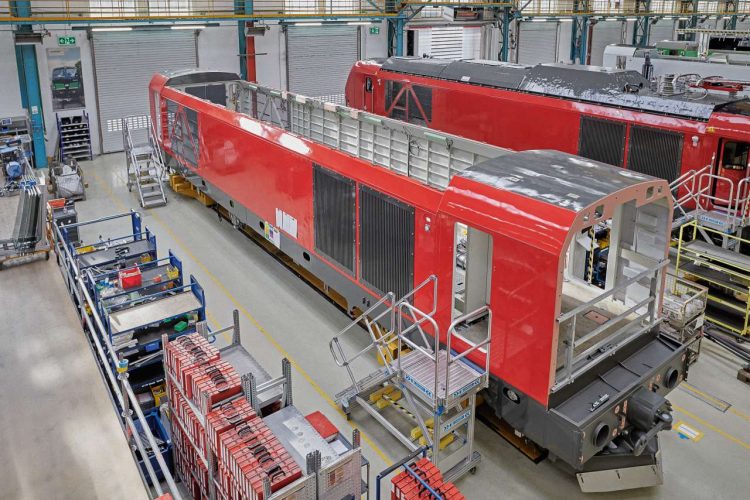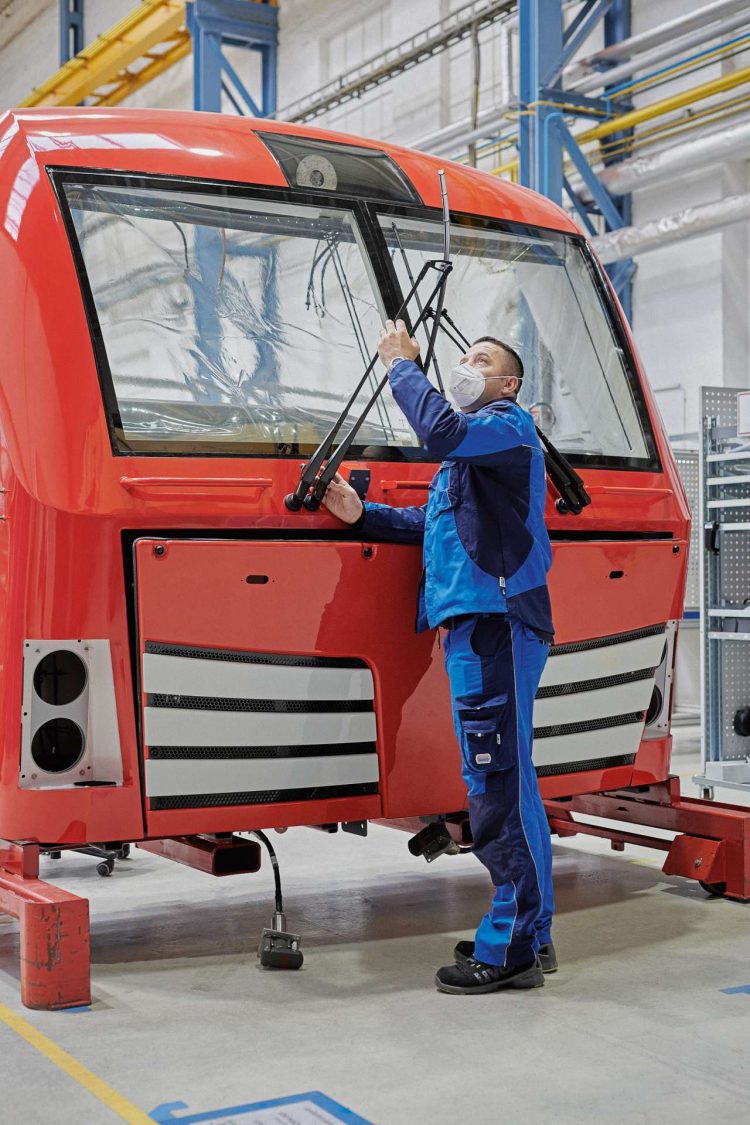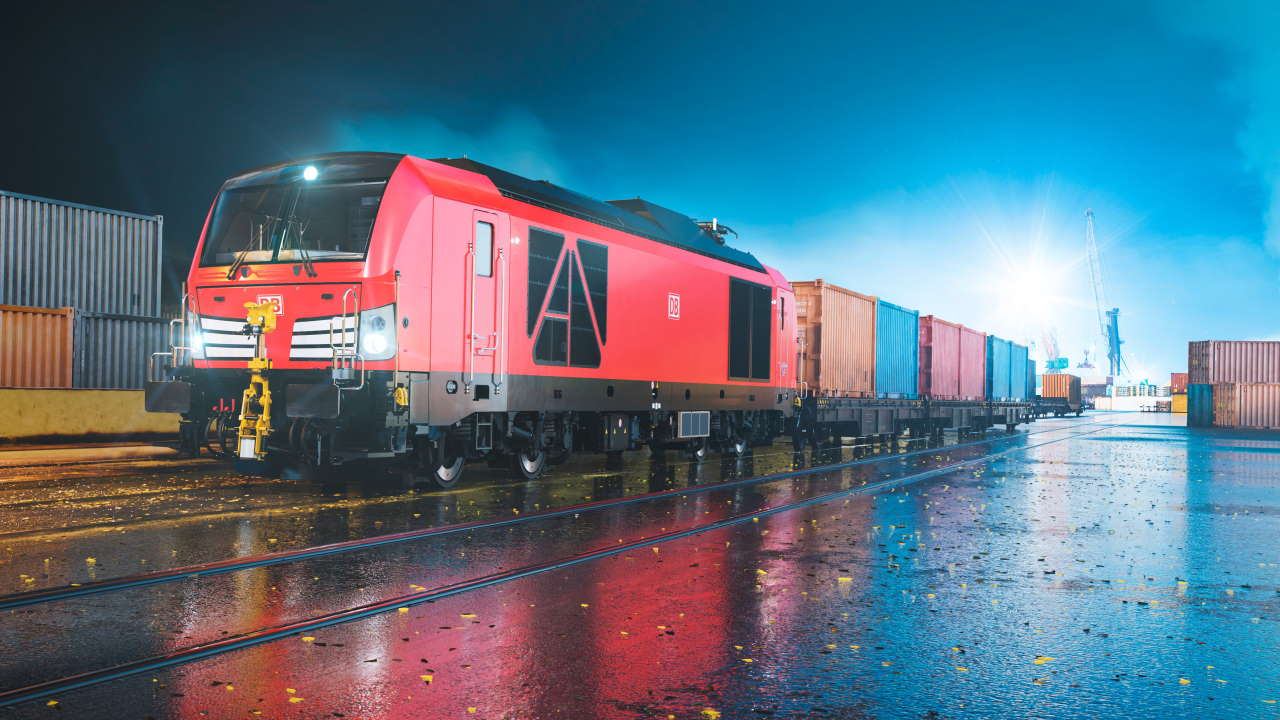Siemens Mobility has signed a contract to deliver 50 dual-mode locomotives to DB Cargo AG and DB Bahnbaugruppe GmbH of Germany.
Even though the main railway lines in Germany are electrified, the so-called last mile often requires the use of diesel locomotives.
The Vectron Dual Mode locomotives provide a sustainable and economical replacement for conventional diesel locomotives as they can be operated with either diesel or electricity.
Thanks to the combined electric and diesel power capability the locomotives provide a sustainable concept.

The locomotives will be delivered specifically adapted for use on DB Cargo and DB Bahnbau Group’s planned range of services.
The current order is an option taken by DB from a framework agreement concluded in September 2020. With this order, the DB Cargo fleet will total 146 Vectron Dual Mode locomotives, whilst DB Bahnbau Group will receive its first four locomotives of this type. They will be produced at the Siemens Mobility plant in Munich-Allach with delivery scheduled to begin in 2026.
The locomotives are based on the proven Vectron platform and components which offer multiple traction capabilities, are compatible with many other locomotive types, and has multiple coupling options.

The current order is designed to operate on a 15kV AC system and come equipped with the PZB train control system. The locomotives are approved for operation in most European countries, and to date Siemens Mobility has sold 195 of this type of locomotives to 18 customers. Vectron locomotives have accumulated more than 300 million kilometres of service throughout Europe since 2010.
Albrecht Neumann, CEO Rolling Stock at Siemens Mobility, said “Our Vectron Dual Mode locomotive is supporting DB in the climate-friendly conversion of their fleet. On electrified sections of their routes, the Vectron Dual Mode will operate in a purely electric mode, and on non-electrified sections, it can switch to conventional operation and eliminate the need to change locomotives. This will reduce CO2 emissions, lower maintenance costs, and help DB implement more sustainable supply chains.”






Responses